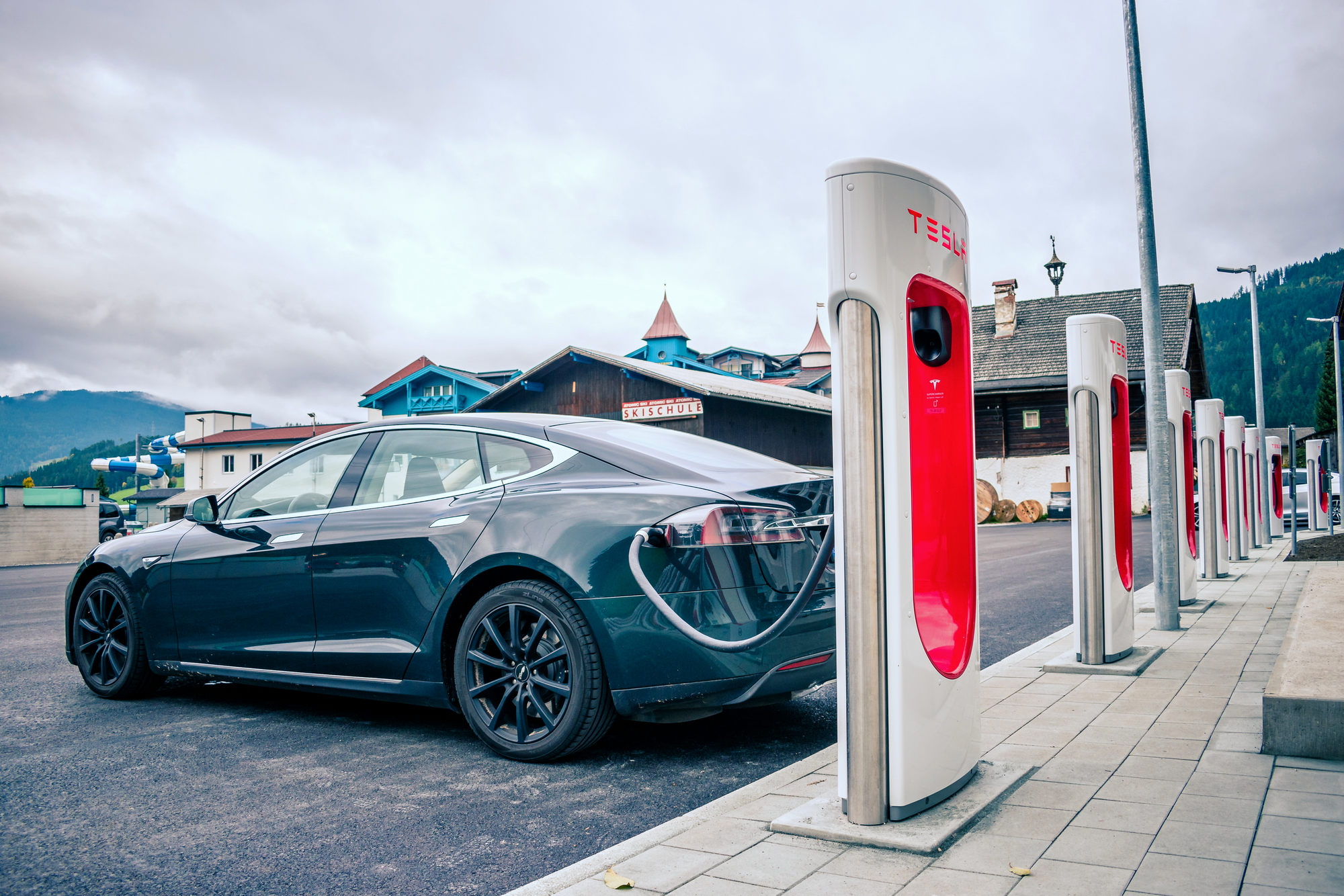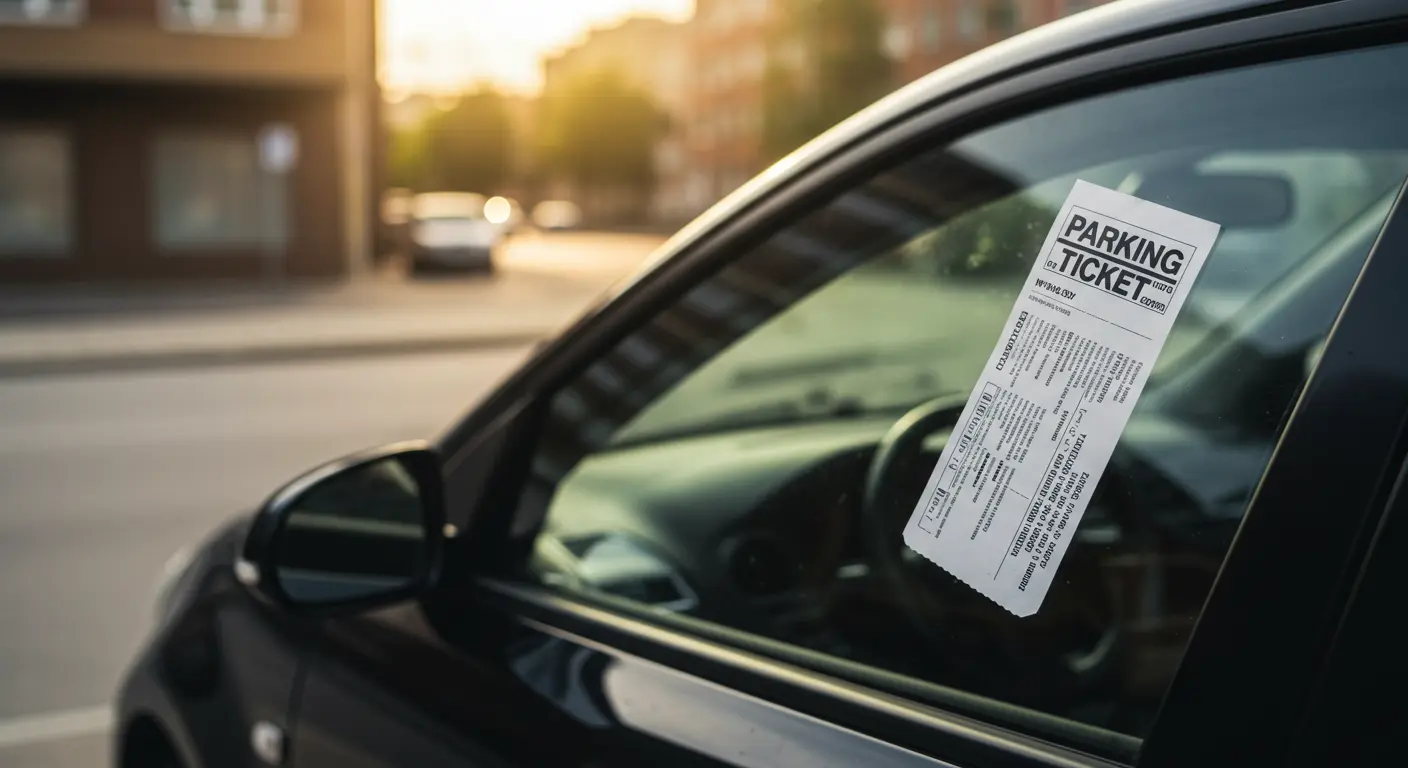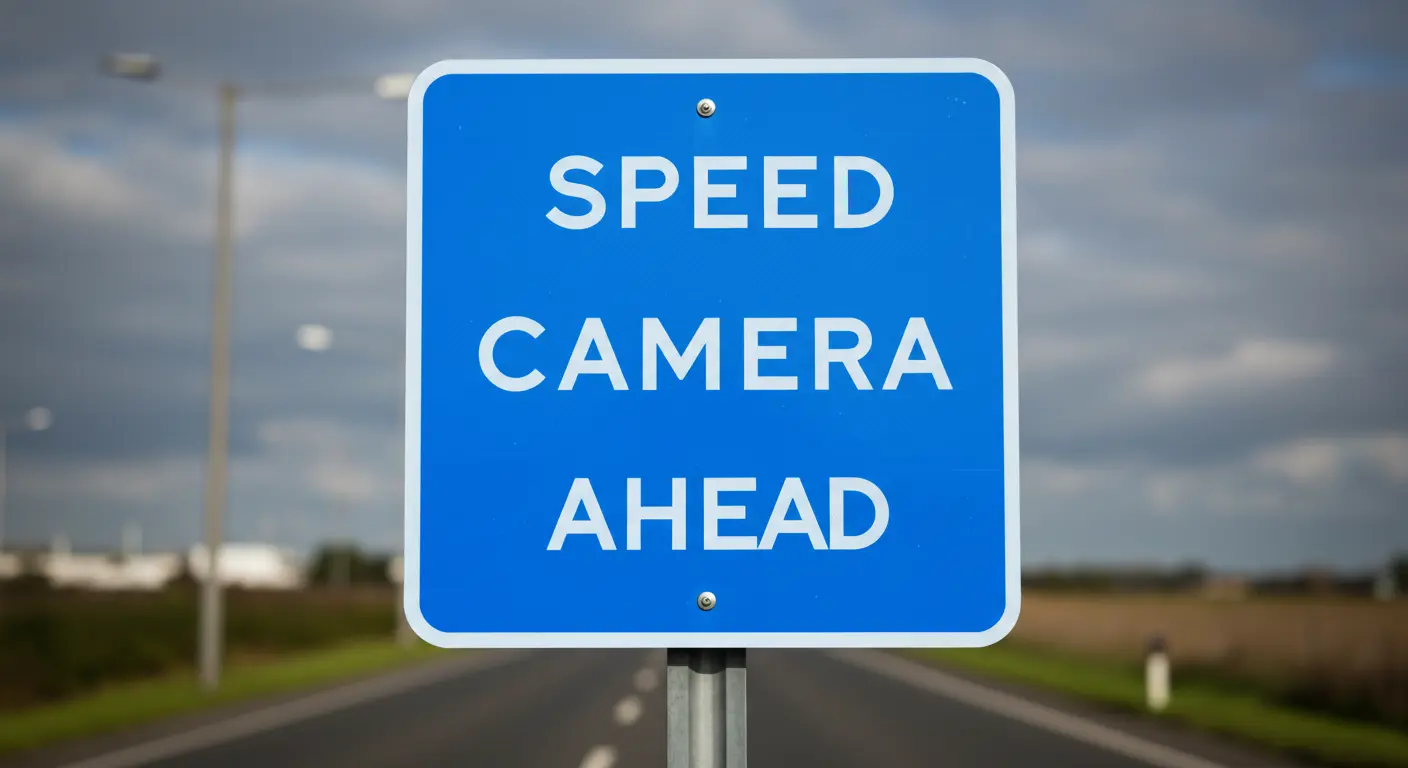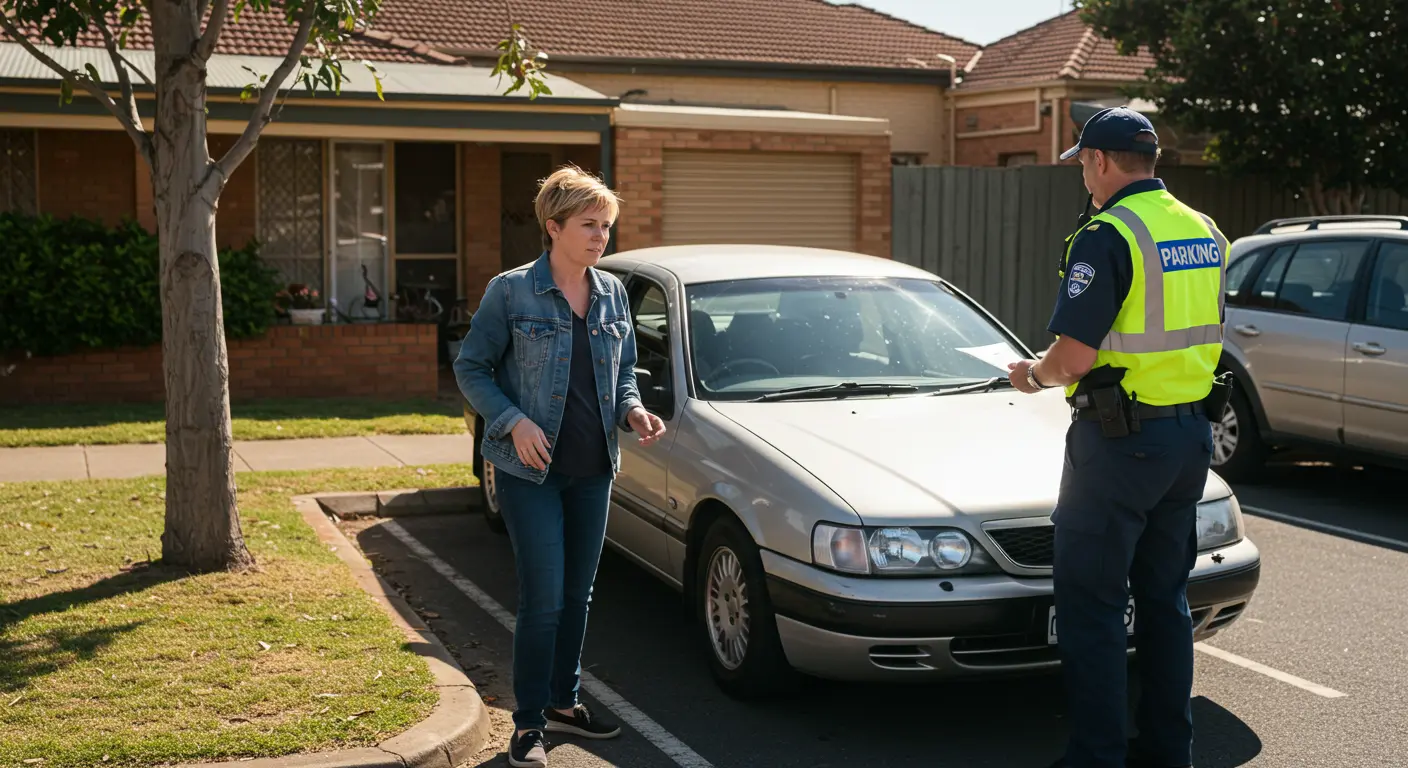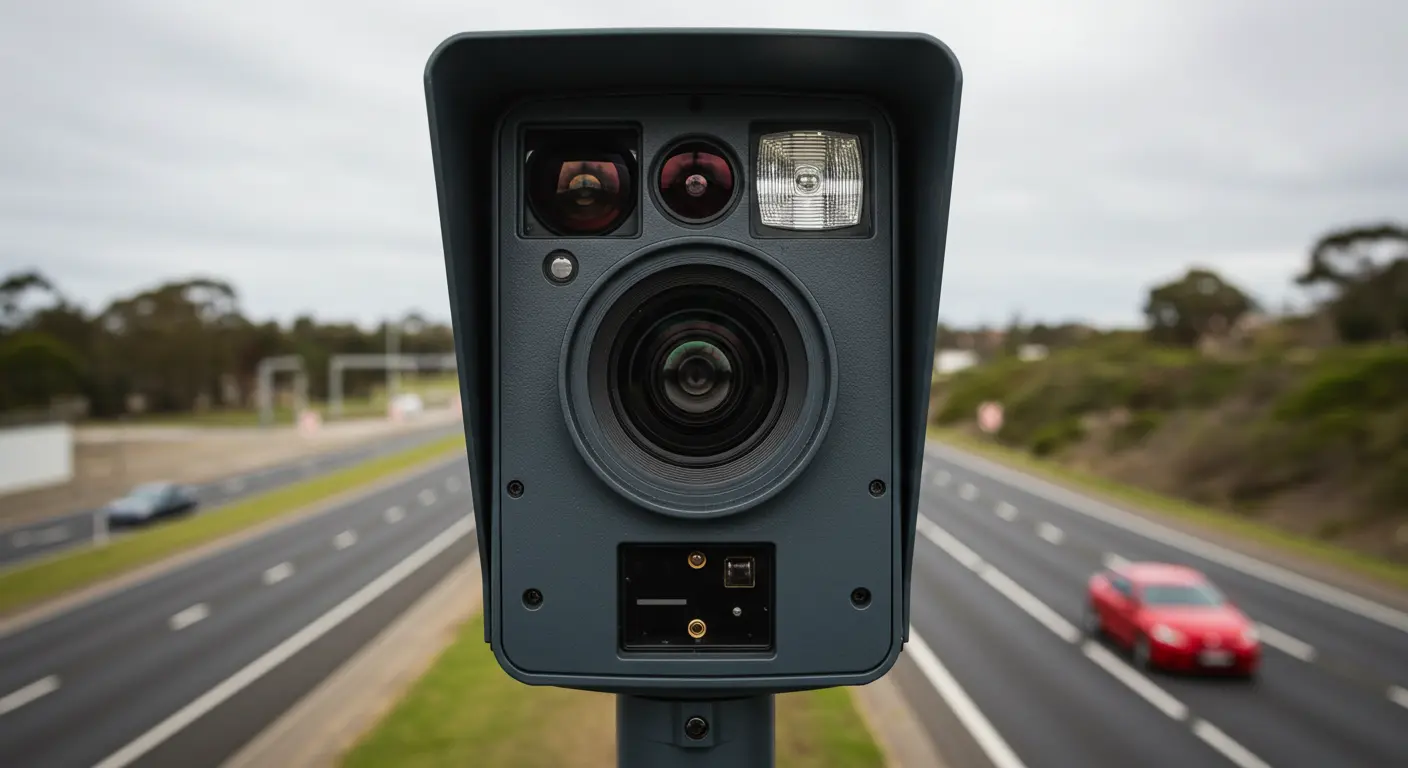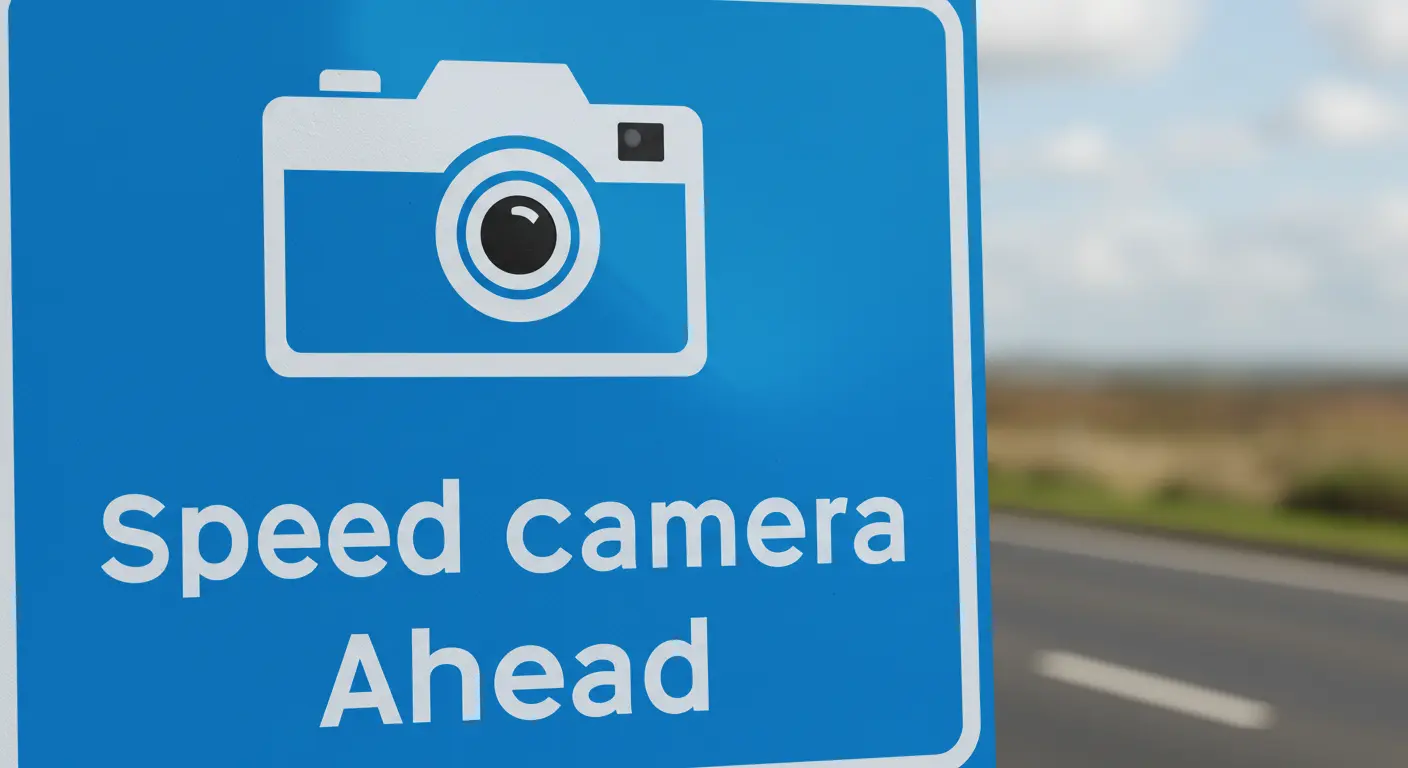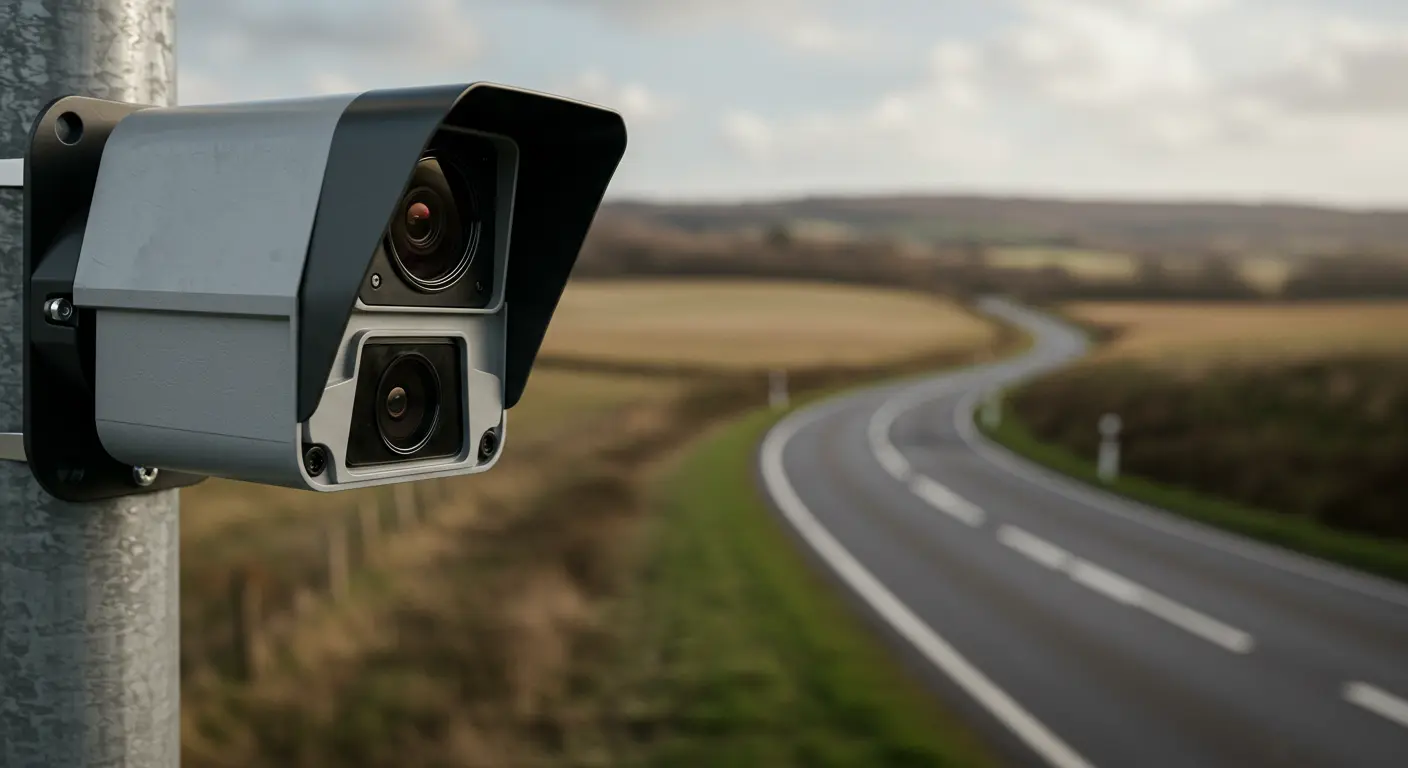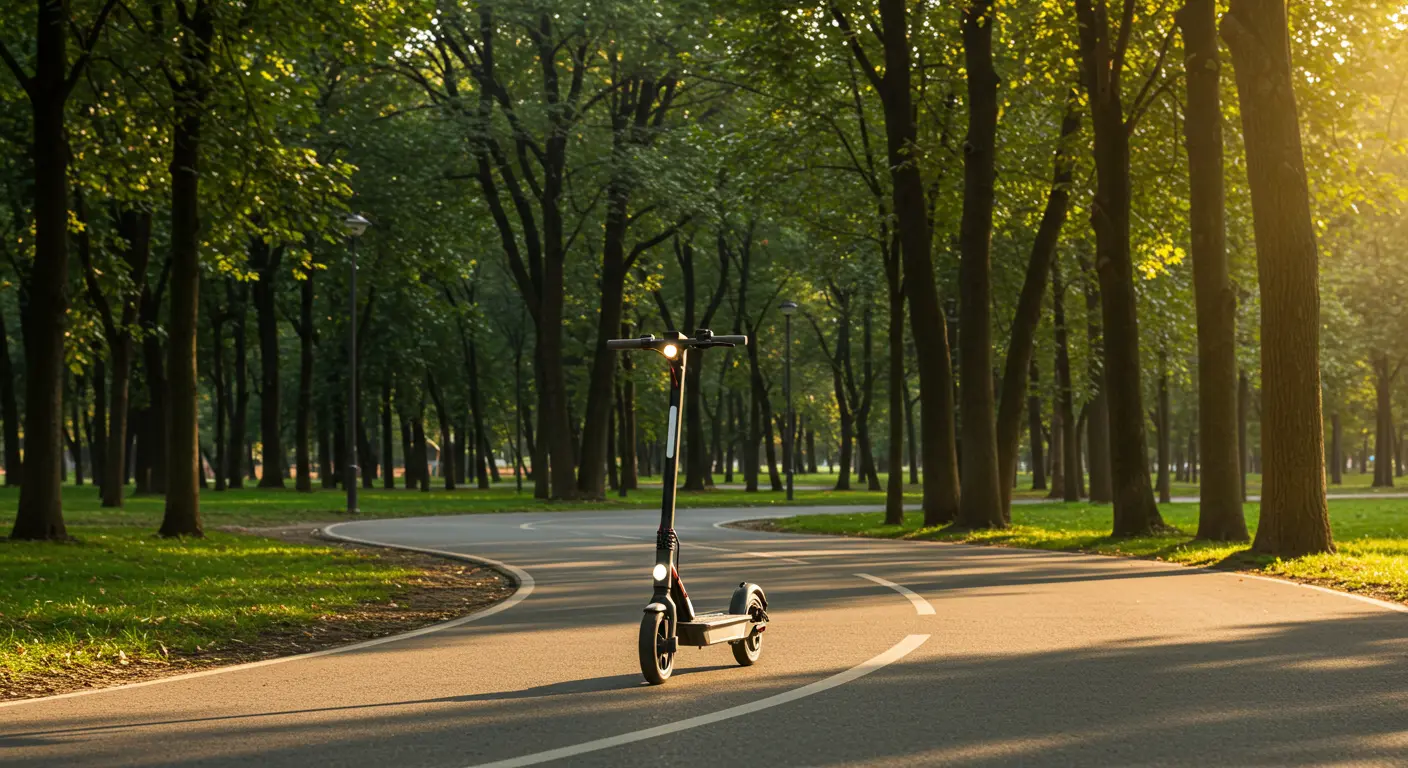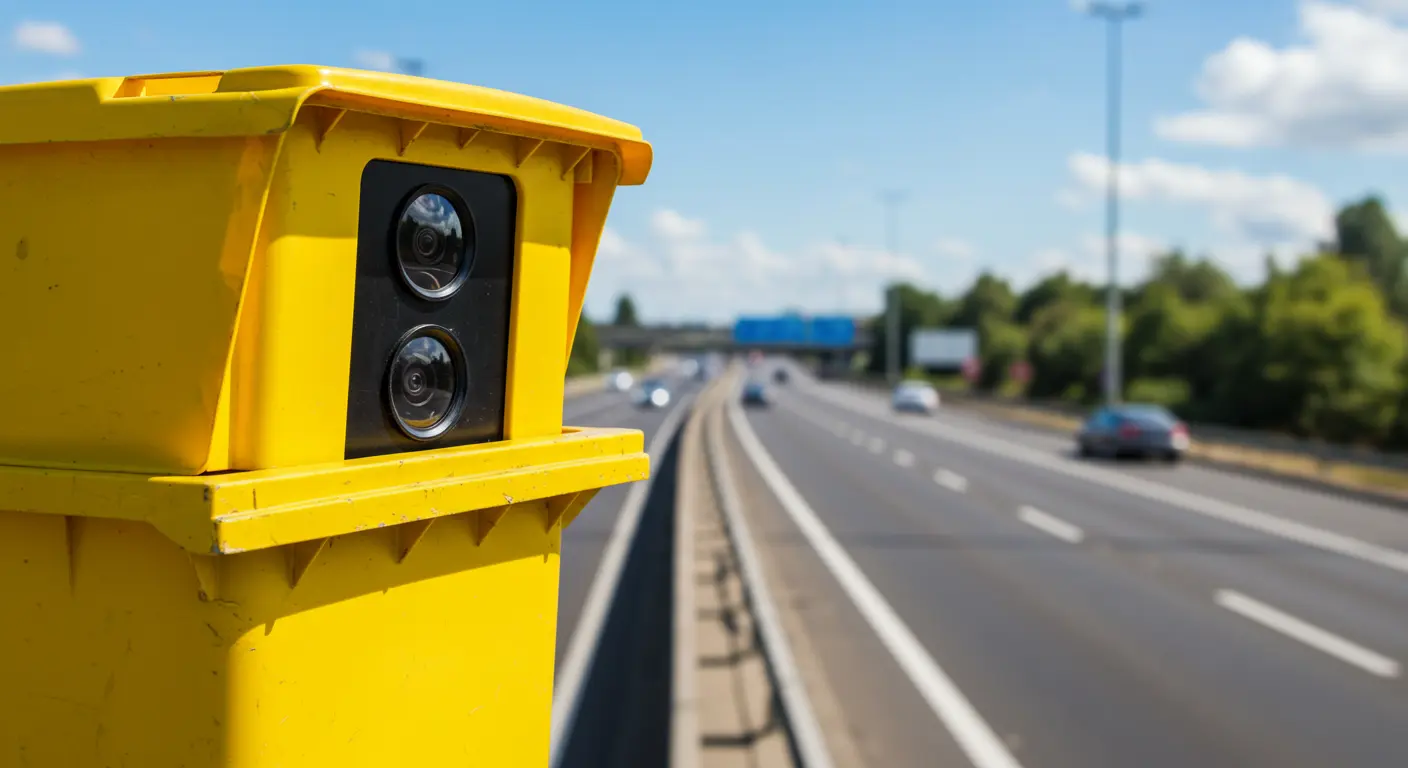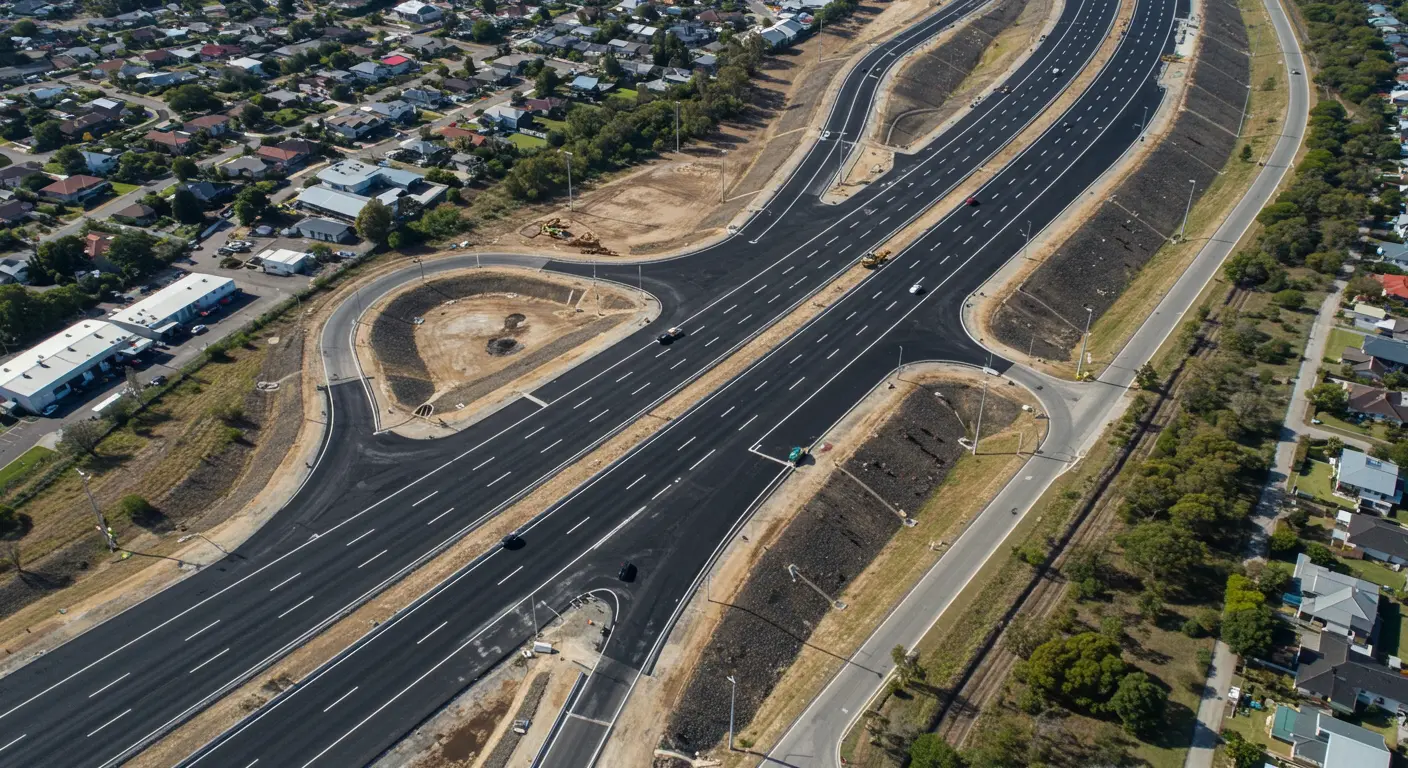As electric vehicles become more popular, many potential Tesla owners and EV enthusiasts wonder about the costs associated with charging. One common question is: "Are Tesla charging stations free?" This guide will provide a detailed answer to that question and offer insights into Tesla's charging network.
The Short Answer: Not Anymore (With Some Exceptions)
While Tesla did offer free Supercharging for early adopters, this program has been largely phased out. Most Tesla owners now need to pay for charging at Supercharger stations. However, there are still some situations where free charging is available.
Tesla Supercharger Costs
Tesla Superchargers, the company's network of fast-charging stations, typically charge between $0.43 and $0.69 per kWh in Australia. The exact cost can vary based on location and demand.
For example:
- A Tesla Model 3 or Y RWD (57.5 kWh battery) costs between $16 to $37 to fully charge.
- A Tesla Model 3 or Y Long Range and Performance (75 kWh battery) costs between $21 to $49 for a full charge.
Free Charging Options for Tesla Owners
While Superchargers are generally not free, Tesla owners can still find free charging options:
- Destination Chargers: Some hotels, restaurants, and other businesses offer free Tesla Wall Connectors for customers.
- Shopping Centers and Businesses: Many shopping centers and businesses provide free charging as an incentive for customers.
- Hotels and Motels: Some accommodations offer free charging for guests, ranging from standard outlets to Level 2 charge points.
- Promotional Offers: Tesla occasionally runs promotions or referral programs that can offer limited free Supercharging credits.
Tesla Charging Membership
Tesla offers a Supercharging Membership for $9.99 per month, which provides a discount of $0.15 per kWh at Supercharger stations. This can be beneficial for frequent users of the Supercharger network.
Comparing Home Charging vs. Supercharging
Charging at home is significantly cheaper than using Superchargers. On average, home charging costs about $0.30 per kWh, while Superchargers can cost up to $0.69 per kWh. For the average driver, this could result in savings of over $500 per year by primarily charging at home.
Free Charging for Non-Tesla EVs
While not specific to Tesla, it's worth noting that some charging networks offer free charging for all EVs:
- Jolt Charging Stations: Provide up to 7kWh of free charging per day (equivalent to 30-40 km of range).
- Some Public Charging Networks: Certain networks installed by road motorist associations or local councils offer free charging.
Conclusion
While Tesla charging stations are generally not free, there are still ways to find free or discounted charging options. The most cost-effective method for Tesla owners is to charge at home whenever possible. For long trips, using the Supercharger network provides fast and convenient charging, albeit at a higher cost.
Remember that charging costs and policies can change, so it's always a good idea to check the Tesla app or website for the most up-to-date information on charging rates and locations.


